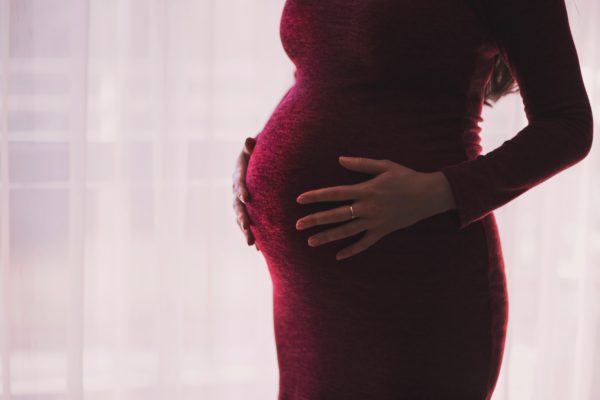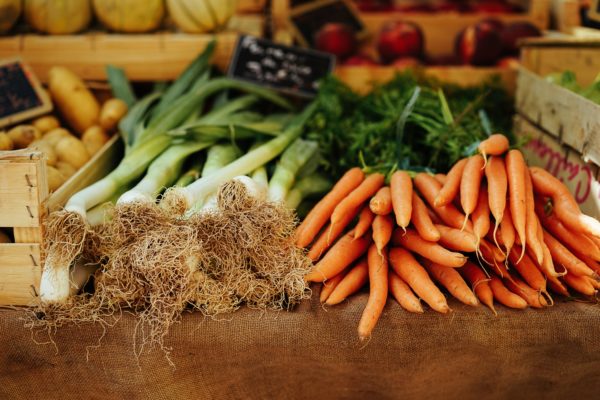How we can support ourselves during pregnancy
Last week I was asked about Kinesiology in pregnancy and birth and what role it plays, which lead me to write this post.
When I was expecting I felt like I was doing a very special job as what could be more important than growing another human being? People say it’s easy because women have been doing it since time began.
Well, women have been doing it since the beginning of time, although having had 5 pregnancies and been lucky enough to have given birth to 4 healthy babies I would not always agree its easy.
What do our bodies need to grow a human?

Because our bodies ‘just grow a baby’ does not mean that our bodies don’t require more from us during those 40 weeks. Over the pregnancy, our bodies require 10,000 extra calories, the tools to make 1 extra pint of blood, more water, more nutrients (including chromium), more rest and relaxation to name just a few things.
Due to intensive farming methods, in 2017 it is harder to get all the minerals and vitamins from our food that are essential to us, let alone enough to grow another human being without consequences to the baby (not usually to be seen outside) or our own health.
The baby’s needs are first and the baby will deplete the mother if need be

Most newly pregnant mothers are not advised to eat any differently. Without getting all the tools for the job our bodies have to compensate. The baby’s needs are first and the baby will deplete the mother if need be. However, if the mother just does not have it to give, then the baby will go without. A diet rich in carbohydrates, protein, fats and extra vitamins and minerals is essential for baby’s good development.
For example, if the mother is deficient the foetus/baby will; withdraw calcium from the mother’s bones and or teeth, take 50% of all her chromium, and if Mum is super stressed and exhausted the baby will cannibalise the mother’s adrenal glands for adrenaline which is essential for baby.
Extra needs of the mother at each trimester
First trimester – Folic acid, B6 and B complex (for brain and nervous system development) Vitamin A (which you are advised not to supplement or eat A rich foods like liver). Yes, of course, we need to be mindful of fat-soluble vitamins and toxic levels, however, should they be avoided when needed?
Second trimester – Folic acid, B6 and B complex, Vitamin C for collagen production and D3 for bones.
Third trimester – More water, protein and omega 3.
With more and more people not eating a good, balanced, home-cooked diet and with little understanding of what they need and what foods it is found in, is it any wonder that new mums and babies are struggling with their health?
How to help avoid exhaustion and postnatal depression
One of the best ways to not suffer from exhaustion and postnatal depression is to top up your chromium and B Vitamins so there is enough for you and baby. This will also help prevent sugar cravings and aid in maintaining your ideal weight.
Prevention of exhaustion and postnatal depression isn’t quite that simple though, as the whole well-being and environment of the mother need to be taken into consideration.
Babies begin to react to the outside world in the womb and are born with; a vocabulary of around 100 words, recognising voices, music and with the ability to feeling and perceive how safe and loving the surroundings are. From that place, they begin to react emotionally and physically (including their state of health) to that environment. So keeping calm, relaxing, resting, engaging in gentle kind supportive communications with partners etc is important and connecting emotionally with a baby in the womb is hugely beneficial.
Kinesiology can play a big part in helping to keep this balance for Mum and baby all the way through pregnancy and after birth too. Therefore, when we are expecting it may be a good idea to have further insight as to what is expected from our bodies.